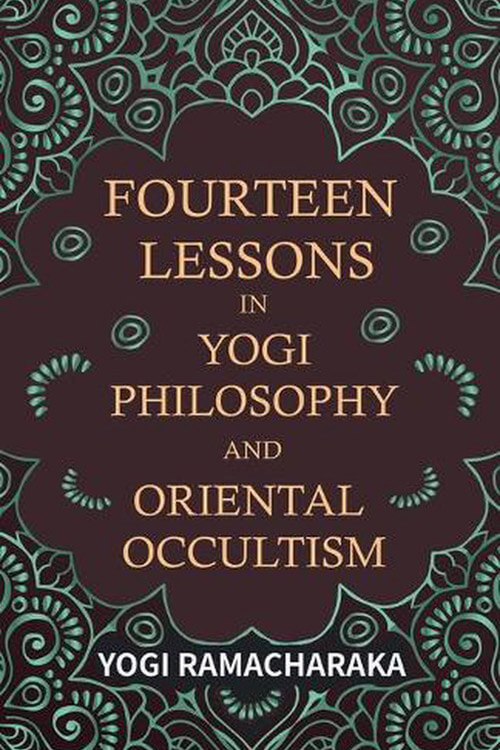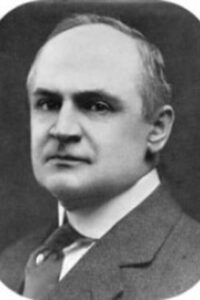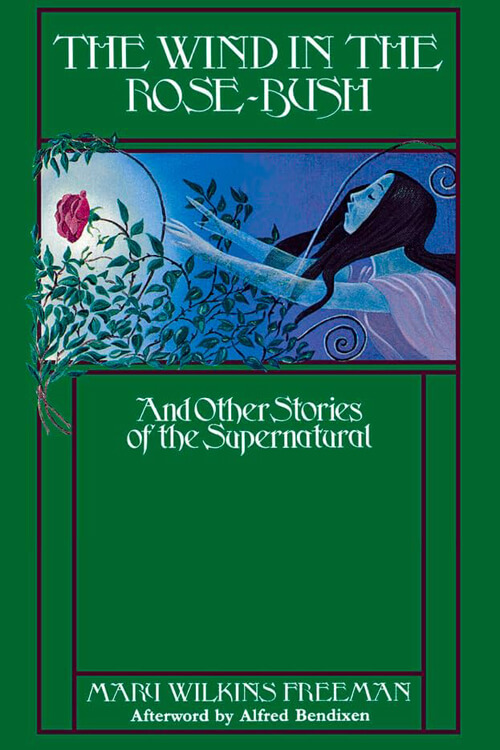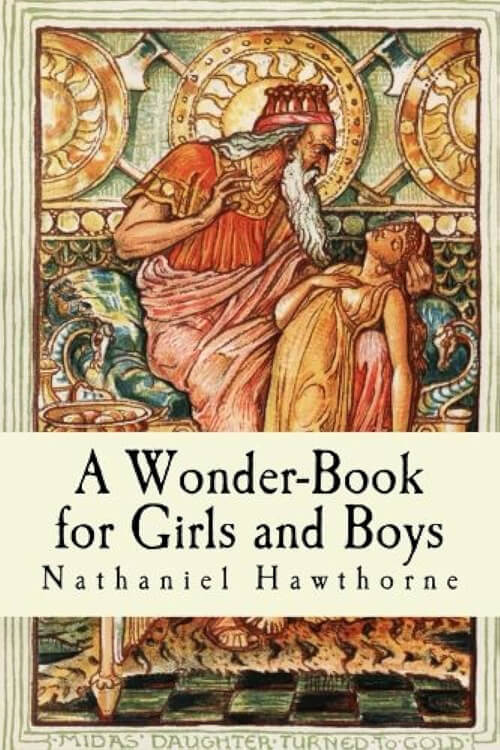
Fourteen Lessons in Yogi Philosophy and Oriental Occultism
We are sure that the members of the class of 1904 will get into harmony with each other, and with us, from the very start, and that we will obtain results that will surprise even ourselves, and that the term of the class will mark a wonderful spiritual growth and unfoldment for many of the class. This result would be impossible was the class composed of the general public, in which the adverse thought vibrations of many would counteract, or at least retard, the impelling force generated in the minds of those who are in sympathy with the work.
But we will not have this obstacle to overcome, as the class has been recruited only from that class of students who are interested in the occult. The announcements sent out by us have been worded in such a way as to attract the attention only of those for whom they were intended. The mere sensation hunters and the “faddists” have not been attracted by our call, while those for whom the call was intended have heard and have hastened to communicate with us. As the poet has sung: “Where I pass, all my children know me.” The members of the class having been attracted to us, and we to them, will form a harmonious body working with us to the common end of self-improvement, growth, development, and unfoldment. The spirit of harmony and unity of purpose will do much for us, and the united thought of the class, coupled with our own, will be a tower of strength, and each student will receive the benefit of it and will be strengthened and sustained thereby.
We will follow the system of instruction of the East, rather than that of the Western world. In the East, the teacher does not stop to “prove” each statement or theory as he makes or advances it; nor does he make a blackboard demonstration of spiritual truths; nor does he argue with his class or invite discussion. On the contrary, his teaching is authoritative, and he proceeds to deliver his message to his students as it was delivered to him, without stopping to see whether they all agree with him. He does not care whether his statements are accepted as truth by all, for he feels sure that those who are ready for the truth that he teaches will intuitively recognize it, and as for the others, if they are not prepared to receive the truth, no amount of argument will help matters. When a soul is ready for a spiritual truth, and that truth, or a part of it, is uttered in its presence or presented to its attention using writings, it will intuitively recognize and appropriate it. The Eastern teacher knows that much of his teaching is but the planting of seed, and that for every idea which the student grasps at first, there will be a hundred which will come into the field of conscious recognition only after the lapse of time.
We do not mean that the Eastern teachers insist upon the student blindly accepting every truth that is presented to him.
Read or download Book
Yogi Ramacharaka
Yogi Ramacharaka (1862 – 1932) was the pseudonym of William Walker Atkinson, an American writer who was influential in turn-of-the-century (the 1890s-1900s) spiritual and philosophical movements such as ‘New Thought’ (a precursor to today’s New Age movement) and Theosophy.
Biography.
Atkinson, writing as Ramacharaka, helped to popularize Eastern concepts in America, with Yoga and a broadly interpreted Hinduism being particular areas of focus. Ramacharaka’s Advanced Course in Yoga Philosophy and Oriental Occultism remains widely respected as an excellent primer for the Western layman, even though it reached 100 years old in 2004 and is understandably dated in some respects.
There are several other Ramacharaka works, in addition to several popular books written by Atkinson under his name. Many of Atkinson’s works sold well at the time of their publication, although he has not been favored with significant historical recognition.
It may be because many of his books dealt with ideas now widely discredited as pseudoscientific, such as mentalism. There is some debate as to whether other authors may have contributed to the Ramacharaka books, but reliable information relating to Ramacharaka/Atkinson is scarce.
William Walker Atkinson died in 1932, in Los Angeles, California after successful careers in writing and law. He is now largely forgotten, despite obtaining mention in past editions of Who’s Who in America, Religious Leaders of America, and several similar publications.






